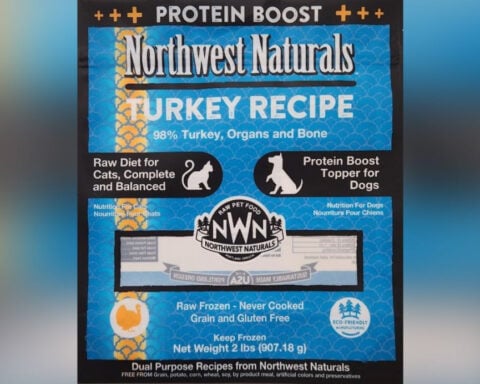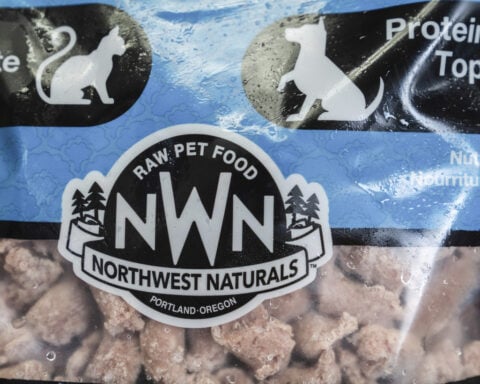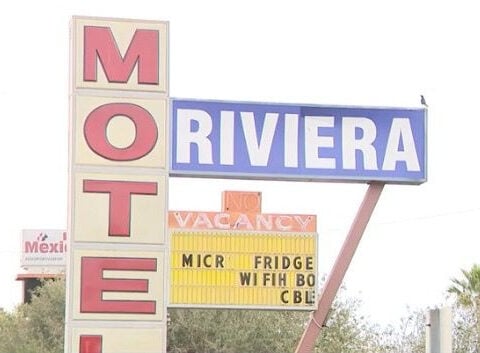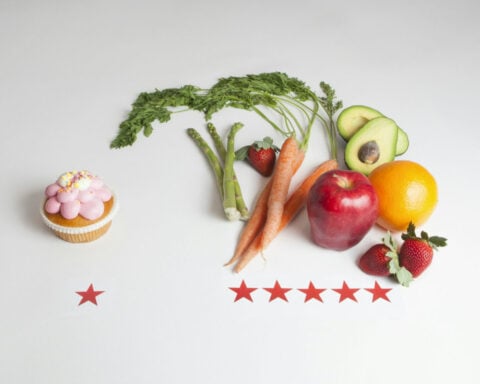A new report shows food labels might not always tell the whole truth about calories. The numbers on packages could be off by as much as one-fifth, making it tough for people trying to watch their weight. According to the FDA, it is okay if the real calorie count is a bit higher or lower than what's on the label. For example, a snack that says it has 100 calories might actually have anywhere from 80 to 120 calories.
Despite these inaccuracies, the FDA allows this flexibility due to the inherent variability in measuring calories in food products along with variations in manufacturing processes. Labels derive calorie counts by calculating averages across multiple samples.
Some foods are more prone to inaccurate labeling than others. Research indicates frozen meals and diet-branded foods often contain more calories than stated, likely around 8% over label values on average. Baked goods like snack cakes, chips, and crackers also frequently underreport calorie levels by about 4%.
While it is concerning for stringent calorie counters, experts emphasize nutrition labels remain a useful gauge despite their limitations. Fitness coach Layne Norton compares calorie tracking to budgeting money – an imperfect but valuable tool for mindfulness.
"Tracking calories is useful the way a budget is useful for saving money," Norton told Business Insider. "Plenty of people save money without a budget, but it can be a useful tool because it makes you cognizant of what you're spending your money on."
Dietitians universally recommend focusing on dietary patterns over individual foods or days. A sustainable, balanced approach allowing for some indulgences tends to yield better long-term results than rigid restriction.
According to the platform, dietitians universally recommend focusing on dietary patterns over individual foods or days. A sustainable, balanced approach allowing for some indulgences tends to yield better long-term results than rigid restriction.
For those preferring to avoid labels altogether, filling half your plate with fresh produce is an easy guideline promoting nutritious, satiating calories from whole food sources.

 Ex-Sen. Bob Menendez, citing 'emotional toll,' seeks sentencing delay in wake of wife's trial
Ex-Sen. Bob Menendez, citing 'emotional toll,' seeks sentencing delay in wake of wife's trial
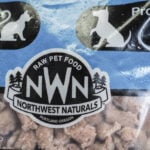 Cats can get sick with bird flu. Here's how to protect them
Cats can get sick with bird flu. Here's how to protect them
 An uneasy calm settles over Syrian city of Homs after outbreak of sectarian violence
An uneasy calm settles over Syrian city of Homs after outbreak of sectarian violence
 WHO chief says he was at Yemen airport which Israeli strikes targeted
WHO chief says he was at Yemen airport which Israeli strikes targeted
 Organizers say two sailors have died in Sydney to Hobart yacht race amid wild weather conditions
Organizers say two sailors have died in Sydney to Hobart yacht race amid wild weather conditions
 Column-Why US Congress restored Social Security benefits for public-sector retirees: Mark Miller
Column-Why US Congress restored Social Security benefits for public-sector retirees: Mark Miller
 Peru declares environmental emergency after oil spill
Peru declares environmental emergency after oil spill
 Holiday travelers are facing flight cancellations as severe storms roll into the South
Holiday travelers are facing flight cancellations as severe storms roll into the South
 Miami Hurricanes men’s head basketball coach Jim Larrañaga steps down, cites NIL: ‘I’m exhausted’
Miami Hurricanes men’s head basketball coach Jim Larrañaga steps down, cites NIL: ‘I’m exhausted’
 A new report shows food labels might not always tell the whole truth about calories.
A new report shows food labels might not always tell the whole truth about calories. 